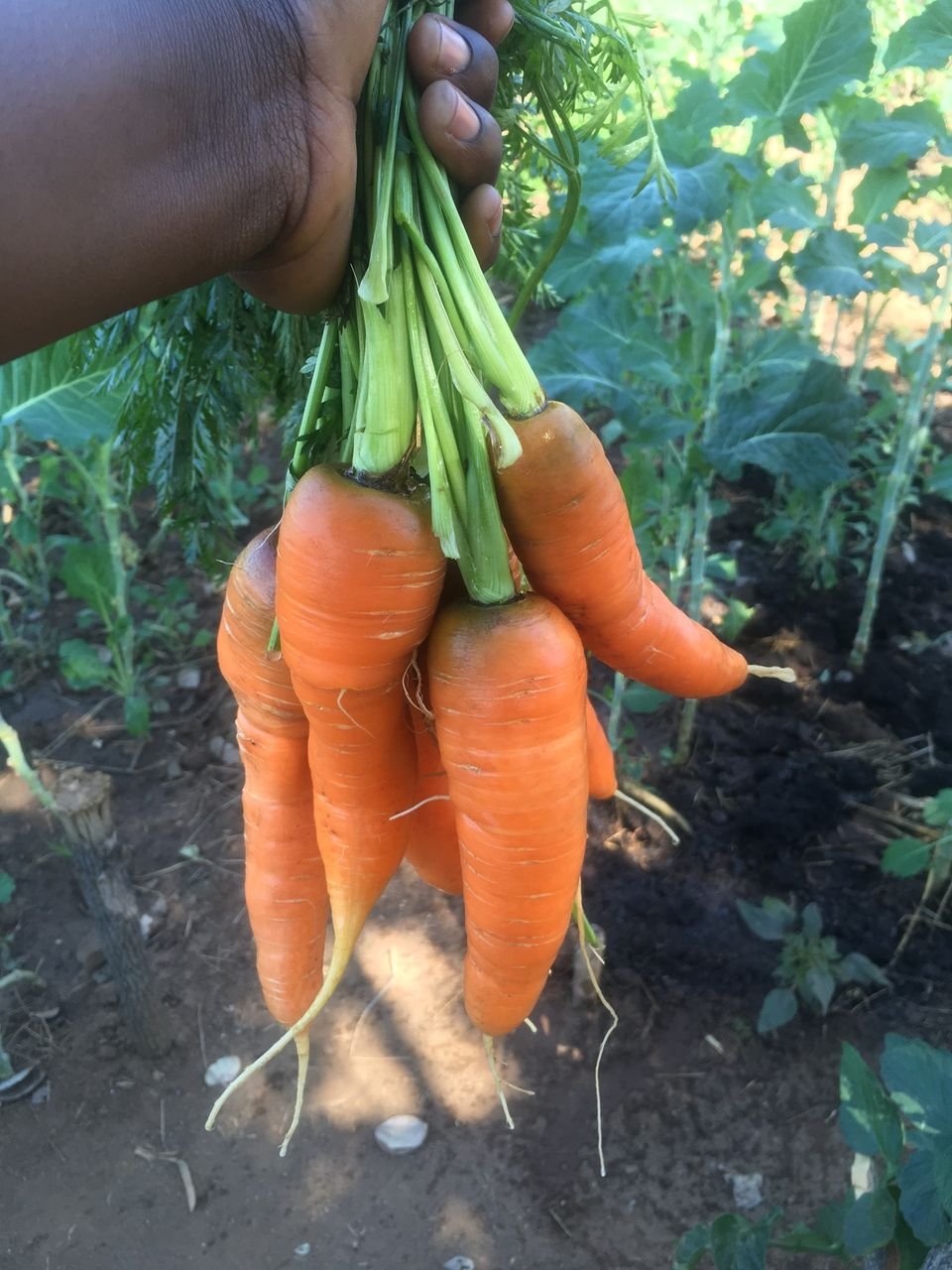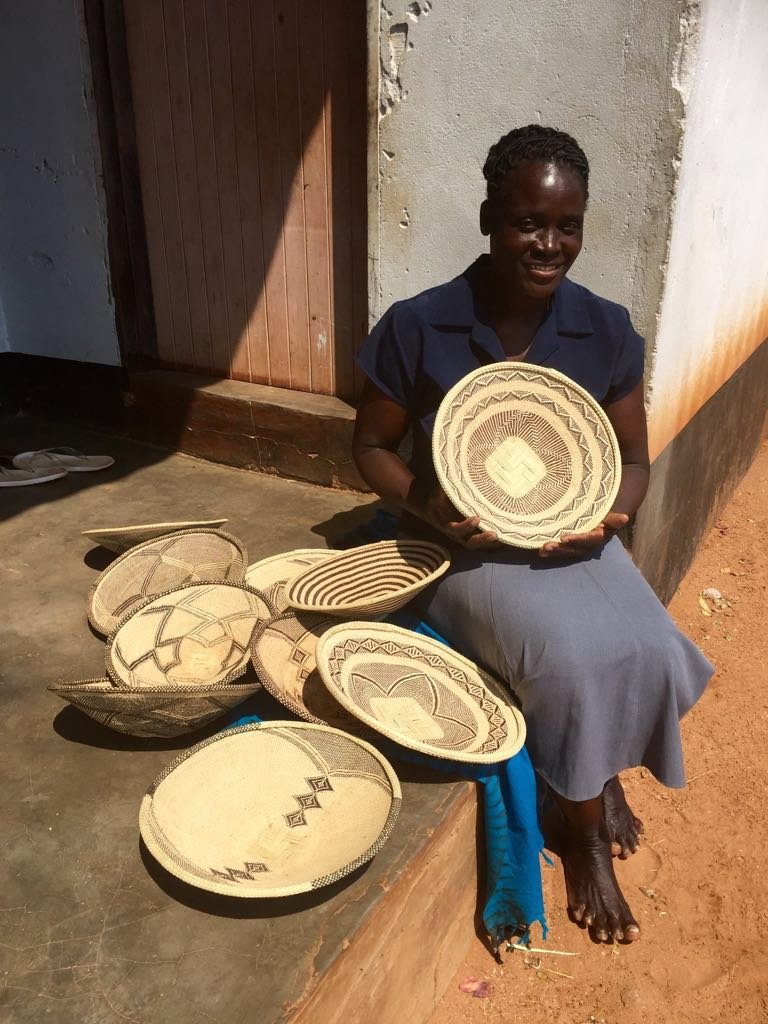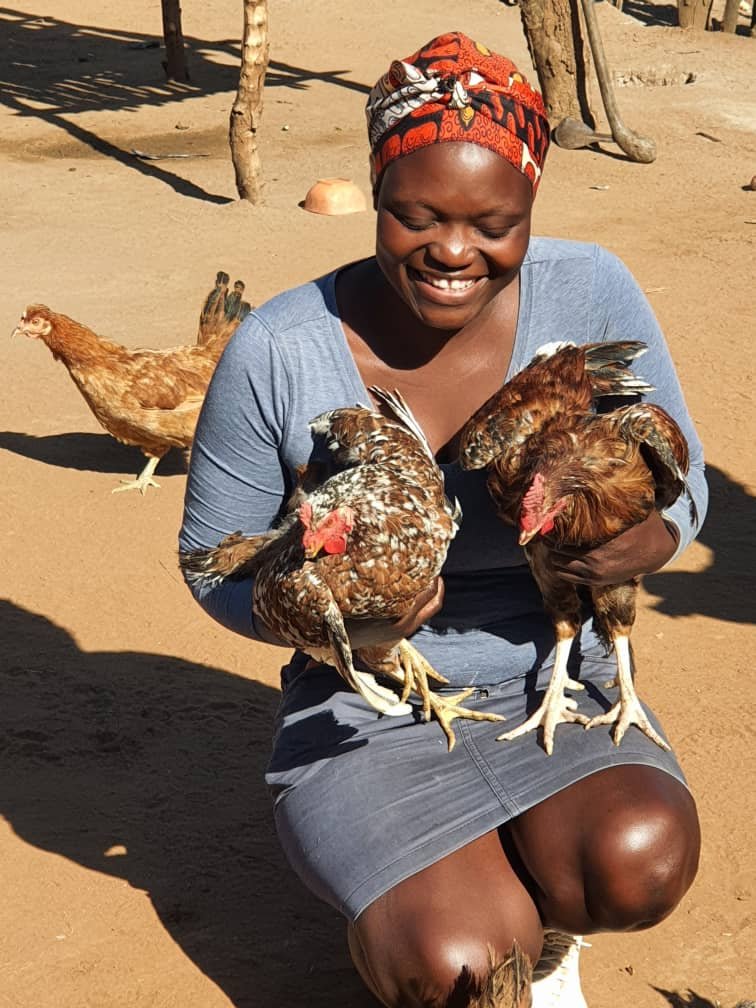-

Sabona Development Centre
Sabona Development Centre (SDC) is the biggest project Sabona has ever initiated. SDC will be in the heart of the surrounding communities in which Sabona works. The idea is to bring together work opportunities and education.
The background for this project derives from the lack of jobs and vocational education in Zimbabwe. The unemployment rate in Zimbabwe is currently at a staggering 95 %, leaving a lot of newly educated young adults without the possibility of employment. The increasing number of students who drop out of school will be even more vulnerable as they have little to no means to get into any job market.
One of the goals of Sabona Development Centre is to help those who have fallen out of the traditional educational system to get vocational training in a line of work that can help them make a living and become contributing members to society. During earlier projects, Sabona have successfully been able to provide vocational training to both young women and men, but now the ambition is to centralize these efforts to provide opportunities for the entire community. Furthermore, SDC will also create a marketplace for the sale of goods and services generated from the vocational school.
Sabona also wants to utilize the sewing groups and farmers in the community who have the means to produce, but not to sell or distribute their goods. There is ample production in the region, but it is not centralized. Placed right at the entry of Zimbabwe’s biggest national park and on the main road to Victoria Falls, the Development Centre will be a natural and centralized gathering spot and sales point for schools, locals, safari lodges and tourists on the road.
This project is off to a great start. Land has been allocated, water has been found and the plans for drilling a well are being developed.
-
Poultry project
Chicken farming combats poverty!
2004 was the beginning of one of our most crucial projects within food production. Despite the stigmatization of HIV/AIDS, when some of the villages’ HIV-positive members opened up about the disease and its challenges, more people started to support each other and discuss how to handle it in the best possible way. Nutritious food is essential to living a fulfilling life with the disease. And it is undoubtedly important to the entire population. Therefore, Sabona believes in and relies on chicken farming and its outstanding impacts.
After the success of the vegetable gardens in 2018, the group’s dream of starting up poultry project came true with support from Sabona. We have contributed to developing the project and we have provided resources so that the vulnerable group have access to nutritious food and money for medical care. The group currently has 108 members that are divided into 3 smaller groups defined by region. Currently, three well-functioning chicken farms have between 200-300 Boschveld chickens each.
This chicken breed is particularly fast-growing, strong, and resistant, and they have the ability to adapt to the conditions in the rural areas. Sabona provides training in vaccination, animal husbandry, and animal welfare among other things. The farms contribute to highly needed nutrition and income which make it possible for the group to obtain some resources that are necessary to live a life with the disease. But not enough. Chicken production needs to be scaled up and sales need to be proactively promoted. Sabona is currently working hard to expand production so that the whole region can live independent and fulfilling lives in the long run.
The plan is to provide more training and to increase marketing and sales. This way, families should see that there is hope for future generations. By establishing small family businesses, we will slowly but surely ensure a highly needed income, independence, and a sufficient amount of food. It is possible. It is about time.
-

Vegetable gardens
Clean water means opportunities! The boreholes supply ample water for projects such as vegetable gardens and even the production of bricks. Vegetables are important sources of nutrition, and they are valuable in the long-term planning of community development.
The vegetable gardens are built with simple watering systems that are connected to a borehole or a water tank. This way more people get the opportunity to harvest spinach, carrots, lettuce, cabbage, and other vegetables. Trees with fruits such as mango, papaya, and oranges have provided a wide range of wild fruits and berries. Garlic has also been introduced as a rich nutritional source. The support group for HIV/AIDS has their own gardens for the sick and elderly, which has significantly contributed to better health.
Reports from the local health clinics state that the establishment of secure water sources and access to clean water also has a positive effect on hygiene, sanitation, and reduced risks of spreading diseases, which is in turn crucial for good health.
Sabona has also contributed to the fencing of vegetable gardens to avoid elephants stamping on and destroying the fruits and vegetables in the gardens.
-

Sewing clubs
The idea of sewing clubs came up after 30 women in the village of Kulisumpula wished to create their own workplace. Currently, the women are sewing school uniforms for Sabona’s sponsorship program, and they make baskets for sale through the HG Collection in Norway. They have built their own workshop which is a point of pride for the village.
The goal of the Kulisumpula Women’s Group when they started was to inspire the local population to start their own projects, and to create jobs and workplaces to ultimately work against poverty.
This is something they have accomplished! Currently, they have created their own workplaces, they generate their own income, they have inspired two other groups of women to start their own projects, and they have inspired the men of the village to start their own workshop! Through Sabona’s support, groups of women in Kujatana and Zaman have workshops and the necessary equipment to start their own sewing clubs. There are currently three well-functioning sewing clubs in the villages that provide women with a highly needed income.
The sewing clubs create a workspace where women can braid baskets that are sold in Norwegian stores among other places, and they make school uniforms that are used for the sponsorship program and sold to parents and schools. The workshops rely on sewing machines that can function without electricity. Sabona contributes to this by sending old Singer sewing machines to the villages in Zimbabwe. The women in the clubs receive training from professional seamstresses and the elders teach traditional ways of making products. This way the unique and traditional way of making the baskets is passed on to newer generations. The project also includes courses in product design, marketing, and sales.
-

The cultural environment
Ever since Sabona was founded, we have organized concerts and various cultural events for the people in Zimbabwe. Together we have been able to establish an arena where the local populations can participate and gather around these cultural events. Particularly around Christmas time, we have focused on offering music, dance, and theatre events to rural populations, which are usually reserved for the people living in urban areas.
Sabona also supports sports in Zimbabwe as we believe this is important to create happiness and joy in daily life. Providing equipment, sports uniforms, and resources to allow participation in tournaments are examples of how Sabona has contributed to creating enjoyment in sports. In addition to providing the opportunity to participate in soccer and netball tournaments, Sabona has also organized a soccer tournament for ourselves! The tournament was a huge success with 6 teams taking part.
Sabona has also supported entrepreneurs in the local community through the Small Business Fund. Our organization has received applications from the local population and supported various small businesses. We have developed and established guidelines for which businesses are eligible for this support, and we take into consideration how they can benefit the rest of the community.

